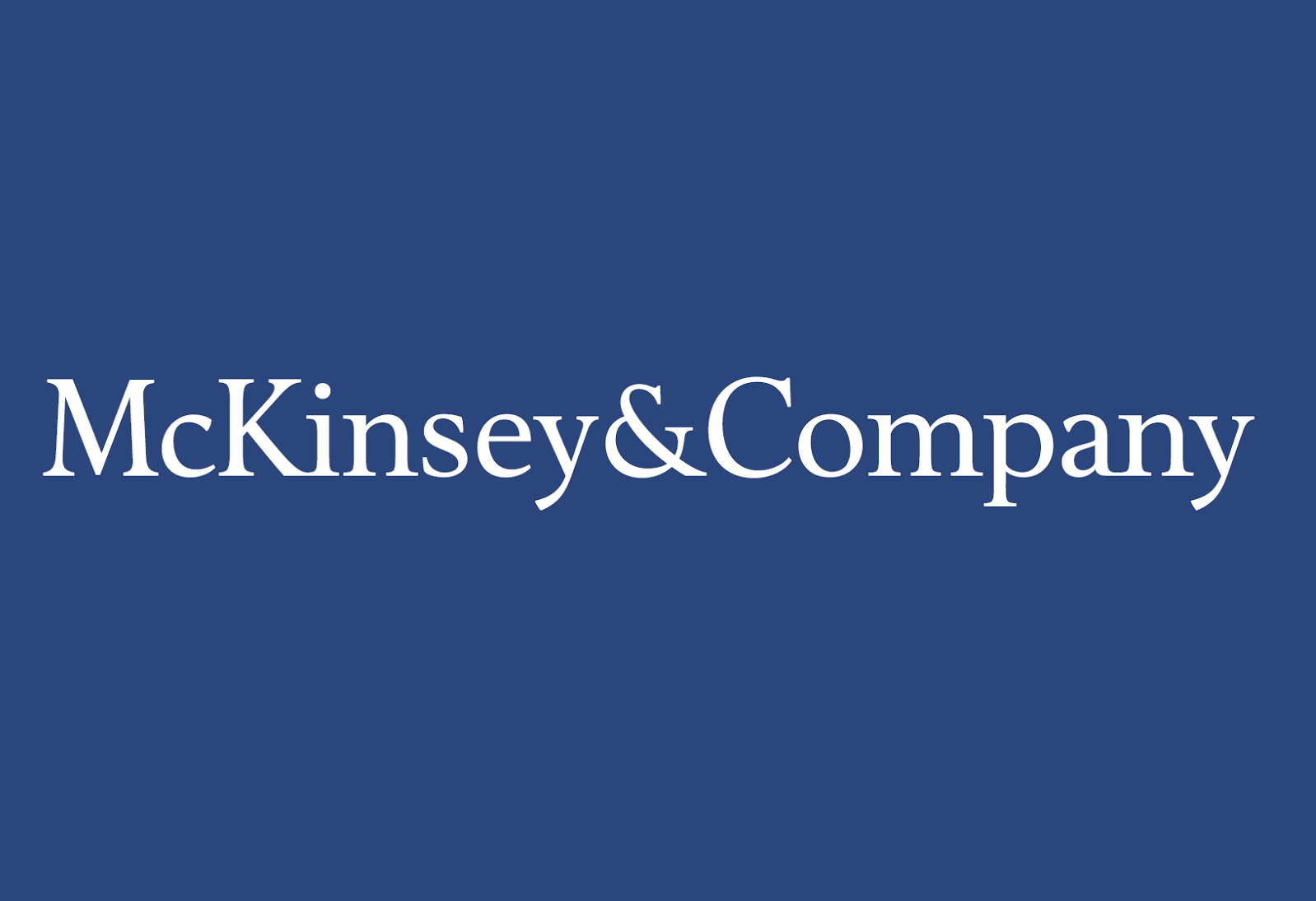McKinsey Global Institute, the business and economics research arm of McKinsey & Company, has projected that Nigeria would continue to be the Africa’s single largest consumer market, controlling 15 per cent of overall growth in consumer spending by 2025.
MGI, which gave this forecast in its 148-page report titled: Lions on the Moves II: Realising the Potential of Africa’s Economies, released at the weekend, also predicted that there would be $5.6 trillion business opportunities in Africa by 2025, necessitating $2.1 trillion household consumption and $3.5 trillion business to business consumption.
The McKinsey report explained that, in Nigeria, “new spending will be relatively evenly split among affluent households, which are expected to spend an additional $30 billion a year by 2025; global consumers, projected to spend $44 billion; and emerging consumers, with $28 billion of spending.” The biggest spending categories, according to the report, will be food and beverages, housing, consumer goods, education, and transportation services.
It noted that, “Africa’s household consumption has continued to grow at a robust pace,” pointing out that, “sixty per cent of consumption growth has come from an expanding population, and the rest from incomes rising enough to fuel spending on discretionary goods and services as well as basic necessities – all powered by rapid urbanisation.”
MGI, which said there was currently $4 trillion business opportunities in Africa, projected that the opportunities would increase to $5.6 trillion by 2025.
According to the report, “Spending by consumers and businesses today totals $4 trillion. Household consumption is expected to grow at 3.8 per cent a year to 2025 to reach $2.1 trillion. Business spending is expected to grow from $2.6 trillion in 2015 to $3.5 trillion by 2025.” The report estimated that “half of this additional growth will come from East Africa, Egypt, and Nigeria.”
McKinsey advised that, “Tapping consumer markets will require companies to have a detailed understanding of income, geographic, and category trends. Thriving in business markets will require them to offer products and develop sales forces able to target the relatively fragmented private sector.”
It, however, added that the geographic spread of consumption is changing. Accordingly, it pointed out: “South Africa’s share of consumption is set to decline from 15 per cent in 2005 to 12 per cent in 2025 and Nigeria’s share from 26 per cent to 22 per cent over the same period. However, the share of regional consumption is projected to increase in East Africa from 12 per cent in 2005 to 15 per cent in 2025, and in Francophone Africa from 9 per cent to 11 per cent.”
The McKinsey report noted that, the substantial contribution of rising per capita spending has implications for patterns of consumption. “Basic items such as food and beverages are expected to account for the largest share of consumption growth in the period to 2025, but discretionary categories are projected to be the fastest growing: 5.4 per cent in the case of financial services, 5.1 per cent for recreation-related activities, 4.4 per cent for housing, and 4.3 per cent for health care.
As per capita spending rises, it noted that, “it becomes even more important for consumer-serving companies to understand where their customers are and the evolution of their incomes, and then to tailor products and services accordingly.”
Historically, MGI recalled: “Household consumption grew at a 3.9 per cent compound annual rate between 2010 and 2015 to reach $1.4 trillion in 2015. To put these trends into an international context, Africa’s consumption growth has been the second fastest of any region after emerging Asia, whose consumption growth was 7.8 per cent.”
The McKinsey report also predicted that, “Africa could nearly double its manufacturing output from $500 billion today to $930 billion in 2025, provided countries take decisive action to create an improved environment for manufacturers.
It noted that, “Three quarters of the potential could come from Africa-based companies meeting domestic demand (today, Africa imports one-third of the food, beverages, and similar processed goods it consumes)”, adding that, “The other one quarter could come from more exports. The rewards of accelerated industrialisation would include a step change in productivity and the creation of six million to 14 million stable jobs over the next decade.”
Reviewing growth of African economies, MGI noted that, “Africa’s real GDP grew at an average of 3.3 per cent a year between 2010 and 2015, considerably slower than the 5.4 per cent from 2000 to 2010.”
It, however, added that, “this average disguises stark divergence. Growth slowed sharply among oil exporters and North African countries affected by the 2011 Arab Spring democracy movements. The rest of Africa posted accelerating growth at an average annual rate of 4.4 per cent in 2010 to 2015, compared with 4.1 per cent in 2000 to 2010. Africa as a whole is projected by the International Monetary Fund to be the world’s second-fastest-growing economy to 2020.”
But it submitted that, “The region has robust long-term economic fundamentals. In an aging world, Africa has the advantage of a young and growing population and will soon have the fastest urbanisation rate in the world. By 2034, the region is expected to have a larger workforce than either China or India—and, so far, job creation is outpacing growth in the labour force. Accelerating technological change is unlocking new opportunities for consumers and businesses, and Africa still has abundant resources.”

 Naira4 weeks ago
Naira4 weeks ago
 News4 weeks ago
News4 weeks ago
 Naira4 weeks ago
Naira4 weeks ago
 Travel3 weeks ago
Travel3 weeks ago
 Jobs4 weeks ago
Jobs4 weeks ago
 Naira3 weeks ago
Naira3 weeks ago
 Naira3 weeks ago
Naira3 weeks ago
 Investment4 weeks ago
Investment4 weeks ago






























